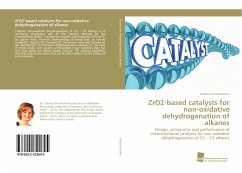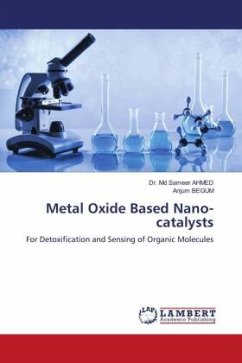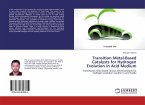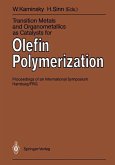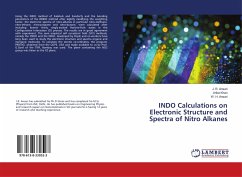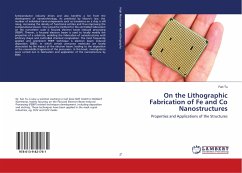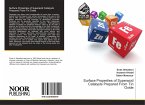Catalytic non-oxidative dehydrogenation of C3 ¿ C4 alkanes is of increasing importance due to the growing demand for the corresponding olefins. Commercial catalysts with supported CrOx or Pt-Sn species have, however, shortcomings of being toxic or limited availability. Against this background, the present work was focused on the development of alternative dehydrogenation catalysts on the basis of metal oxides with usually unchangeable metal oxidation state but with high ability for lattice oxygen removal. The working hypothesis was that catalytically active sites can be lattice defects on the surface of such materials.
Hinweis: Dieser Artikel kann nur an eine deutsche Lieferadresse ausgeliefert werden.
Hinweis: Dieser Artikel kann nur an eine deutsche Lieferadresse ausgeliefert werden.

